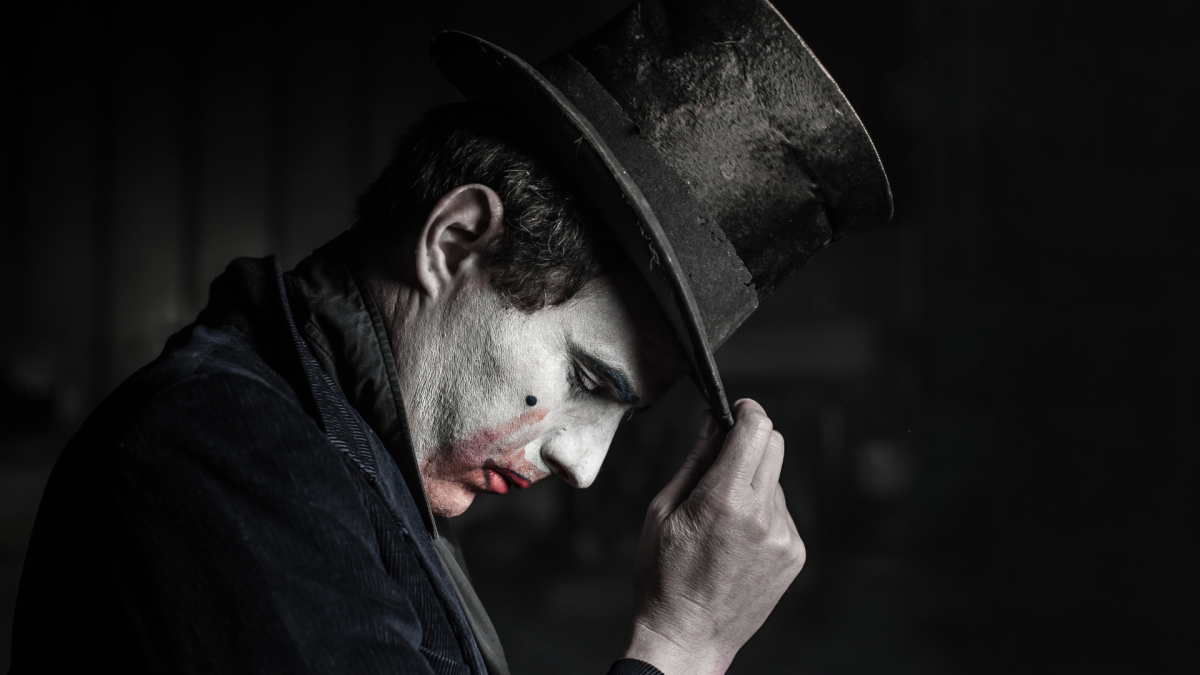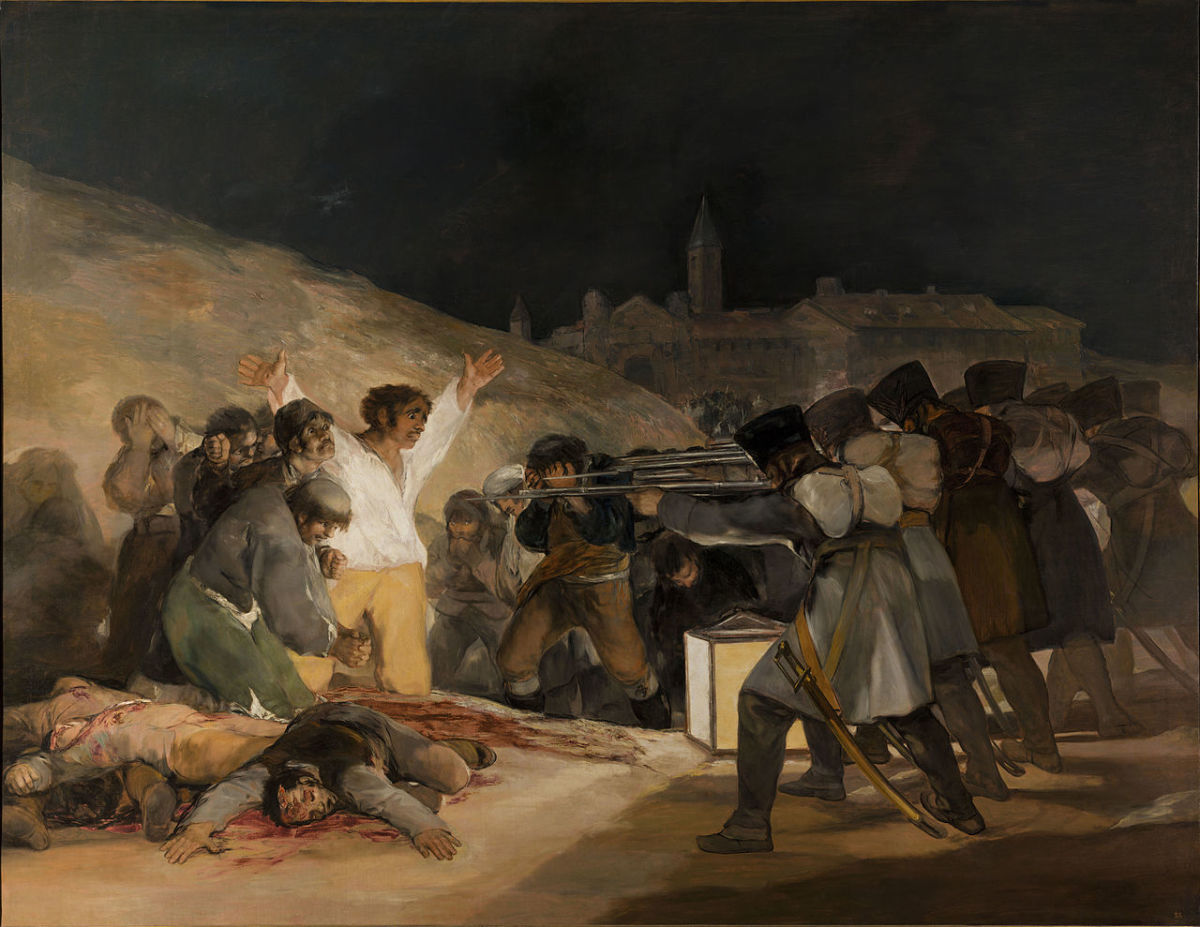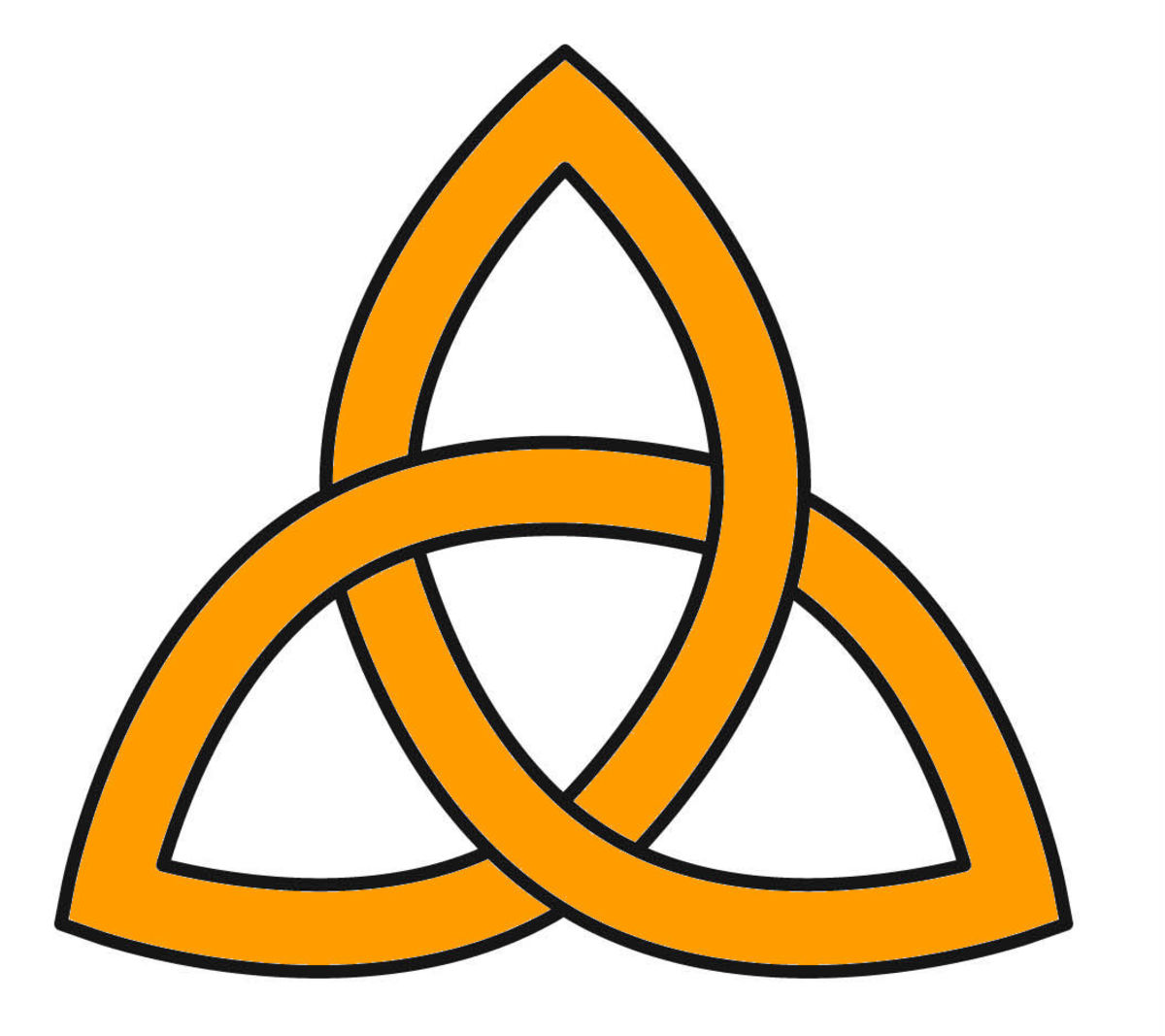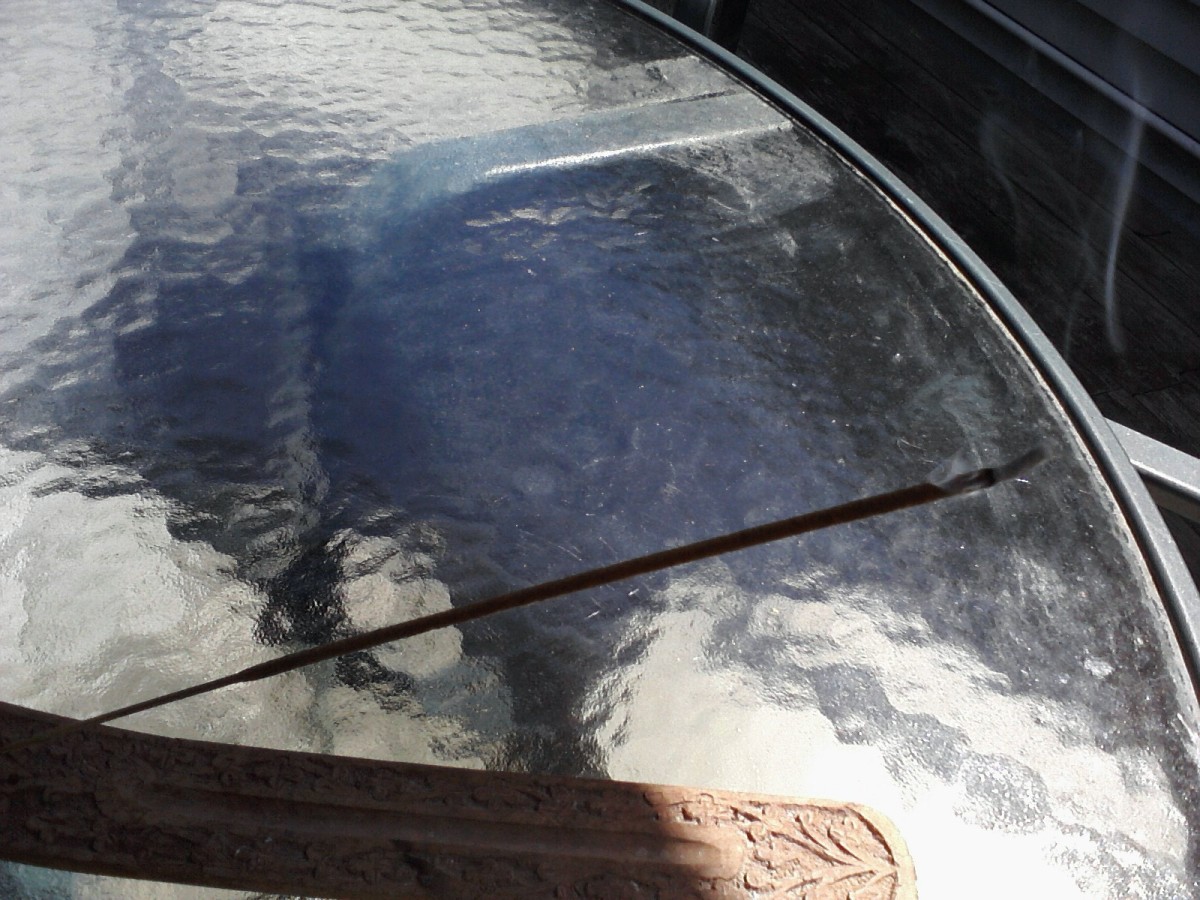"To Be and How To Be"
We all live for a while. One way or another, we all do. Some of us choose for how long while some of us do not have that choice. Nonetheless we all live (for some time). You and I and Joe and all others, live. We “think” therefore we are (I have Descartes in mind here). And by no means am I trying to imply that living is not a difficult task. Yet, if we understand what it means to be human and if we were to stop and say: “What do I know?” then, one may better understand what “being” means/is.
But that is only half of the problem, for “to be” is certainly not enough. “To be” implies a certain way, form or style. One cannot just “be”. One must be in a way or another. Thus, “how to be” is just as important as “being”. And if we were to ask ourselves: “What must I do” and “What do I wish” then, perhaps we may also find a “moral ground” – “how to be”.
To begin with, our human condition is not completely under our control. We are limited in all aspects. Although born free, we are ultimately free within the boundaries of Life. There may be physical and mental limits: one may not walk forever without resting and I am not sure if one can ever know everything during a life-time. Thus, we are not perfect. As Pascal acknowledged, “our intelligence” is “limited in all aspects”.
Our condition is further influenced by “the things we inherit from our parents” (1). The human condition as a character trait is literally passed on through generations through means of socialization. Our society, as a greater example of an individual’s condition is not created by us; it has been made for us. All that is good or bad, values and morals, are within us; it is almost like the passing of human genes. “We are” as “they were” a long time ago. That metaphysical faith that Nietzsche wrote about, is instilled in us. It is almost like a defect, or a hunch that we are born with, although there are possibilities.
Ibsen, in Ghosts, wrote that “we’re all haunted in this world … by the innumerable old prejudices and beliefs … the ghosts of the dead past …” (2). And Dostoyevsky wrote in “Notes from the Underground” that “There are things … of such things.” (3). Perhaps, we are really born guilty as most Christians would agree. But that is not of our own choosing, as someone once said: “all human beings have clay feet” and ultimately we are the “weakest in nature” and “a drop of water is enough” (4) to kill us. This is one of our human conditions, a condition which we come to be in or with.
We do not know much either. And if that was not bad enough then, the fact that we are generally afraid of the unknown (Hamlet spoke of the fear of the unknown in terms of what follows life), “the undiscovered country” from where “no traveler returns” (5) makes matters worse. It makes us afraid to act at times when perhaps we should act.
Yet, even though we know so little, and we really know that the more we know, the more we need to know, there is still the ability to wish/dream and that of having satisfaction, learning. Descartes already established (for me anyway) that we do know that we exist and Kant stated that “man is an end in itself”. So, we know all this (or at least some of us take this as a truth). And we know that we are free within the limits of our condition. We are free to choose: “to be or not to be”.
This, “To be or not to be” question, we all live with and ultimately a decision we all take, without giving too much thought sometimes. But Hamlet’s question does not complete the whole. For once we decide whether “to be or not to be”, we must also decide how we are going “to be”. It is the second question which creates most of the problems with “being”.
Hamlet only explored the question of whether to live or not. He was at an extremely difficult point in his life and thus, it is acceptable to see him debating over whether he should commit suicide or not. Yet, from throughout the play, we know Hamlet to be a real “thinking reed” and so he does not jump to conclusions; he weighs his choices carefully. He knew life to be full of sorrows and grief but all these, he knew very well and ultimately he overcame them. Yet, when he thought of death, he realized that he knew nothing of it, and indeed he knew that it may bring new “ills”, which he did not know of. Although Hamlet saw himself as a coward for not taking action, he reasonably chose “to be” instead of giving-up and facing new problems. In doing so, Hamlet actually showed courage in the sense that he faced his troubles and tried to solve them.
Also as a general rule, and as Nietzsche would state: “I will” not only “not allow myself to be deceived” (6), but “I will not” even deceive “myself”. So in a way, the protagonist in Kafka’s The Trial, perhaps deceived himself of the entire situation. As the priest said, (and K. obviously did not understand), “it is not necessary to accept everything as true, one must accept it as necessary” (7). In a strange way sometimes when “we attend to a transgression of duty”, we “do not will that our maxim should become a universal law … but rather that the opposite of this maxim should remain a law universally” (8). Therefore, it is critical not to assume, take for granted, or believe that what is or seems necessary must also be true.
This confusion and the general confusion within many people may lay in the fact that we do not know (in general) what to do. This is a question of morality. Thus, as Kant states, an action must be taken from our moral duty in order for our maxim to become a universal law.
If Nietzsche stated that to “be on moral ground” one must not deceive (not even himself), then that must be a universal law. With that in mind, one must think of Montaigne, who wrote that one must not, not contradict himself or herself but that one must not contradict the truth. And thus, we remain on moral ground. Contradicting oneself may be because one sees one’s “wretchedness”. There is nothing wrong in that. As Pascal encouraged: “strive to think well”.
In Notes from the Underground, Dostoyevsky wrote of one’s conscience, a guilty conscience and its possible healing, when he claimed that “I have only recently … the whole truth”. There is no question of “to be or not to be”. The protagonist obviously chose to be, yet how he chose to be was still in question. The fault, the injustice and selfishness of being were themes of Dostoyevsky’s book. We already know that man is not perfect, that he lies and he even lies to himself. But that is a matter of “being” and in a way, of the human condition; the importance lies in being earnest, in exploring one’s lies and “turning” them into “truths”. Maybe that is one message Dostoyevsky was trying to reveal, in respect to the human condition and to what one must do.
Hamlet was heroic in the sense that he acted and acted cautiously, trying to “get rid” of “the ghosts of the past” (9) and “let in the light’. The accumulation of these ghosts as Ibsen would say, made Hamlet, who was a decent man, seem crazy. Yet, his actions were calculated in such a way as to attain the truth. And above all, Hamlet’s spirit remained free. He realized that he was indeed free within the boundaries of life. Hamlet realized that he was not a slave; he knew his human condition well thus, acted accordingly. Kafka’s K. did not realize his freedom. The story the priest told K., of the man who could not get by the guardian to enter the Court of Law, was a perfect example of one not knowing or understanding his or her human condition and ultimately, not knowing what to do. Throughout the story, K. rested less and less on his own judgment and believed less and less in himself; he always looked for “outside” help.
It is genuinely important to know of one’s human condition. That is what allows the future to unfold: to dream, to wish – to make things happen. I personally do not need hope but many people do. Knowing our human condition can indeed bring hope to people. And hope is sometimes needed, together with this need of knowing what is human and of what one must do. Also balance is necessary in all this, since one must not only be but also know how to be.
Note: I could not get the footnotes working so I will just list them in the following:
1. Ibsen, Ghosts, Eight Plays, 113
2. Ibsen, Ghosts, Eight Plays, 113
3. Dostoyevsky, Notes from the Underground, 122
4.Pascal, Thoughts, #17
5.Shakespeare, Hamlet: III. 1, lines 60-61
6. Nietzsche, The Gay Science, 281-283
7. Kafka, The Trial, 220-221
8. Kant, Grounding for the Metaphysics of Morals, 32-33
9. Ibsen, Ghosts, Eight Plays, 113







